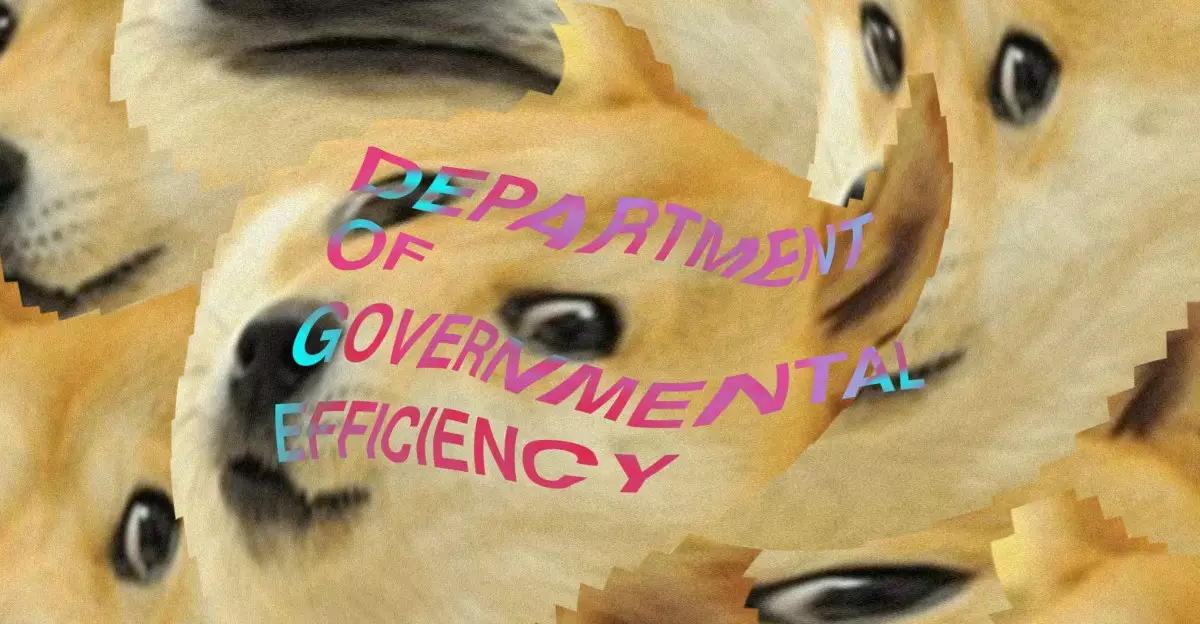The recent controversy surrounding Marko Elez, a 25-year-old staff member in the U.S. Treasury Department’s Division of Government Efficiency, has raised significant questions about the security and ethics within sensitive government departments. Elez reportedly had unprecedented access to the Treasury’s payments system, a privilege that inherently comes with substantial responsibilities. Access to such sensitive systems often necessitates a lengthy trust-building process, yet Elez’s brief tenure raises alarming concerns regarding recruitment practices and the vetting processes instituted by government agencies.
His resignation, prompted by inquiries from The Wall Street Journal about links to a now-deleted social media account, embroiled him in controversy when it was revealed that this account had espoused deeply troubling views. This included the promotion of a “eugenic immigration policy” and an assertion that individuals on H1B visas could be easily replaced by AI-driven solutions. The ability of a government employee to influence policy while harboring such radical ideologies is problematic, as it underscores a potential flaw in the background checks and character assessments performed on government staff.
Following Elez’s resignation, Elon Musk, who is closely associated with the social media platform X, launched a poll questioning whether Elez should be reinstated. The poll demonstrated overwhelming support, with approximately 78 percent of nearly 400,000 respondents advocating for his return. Musk’s engagement with Elez’s case illustrates the peculiar influence social media exerts within political spheres and the implications of public sentiment on accountability. Musk’s response to comments made by Vice President JD Vance, who defended Elez by suggesting that poor online choices should not ruin one’s career, further complicates the landscape by blurring the lines between personal accountability and public forgiveness.
What this situation reveals is not merely an isolated case of social media excess; it speaks to a deeper, systemic issue within hiring practices at federal agencies. Allowing individuals with such extreme views access to sensitive governmental processes raises questions about the adequacy of training and oversight. It begs the question: how effectively do government bodies assess the values and beliefs of their employees? The capacities for oversight and accountability are imperative to avoid future incidents that could compromise the integrity of government functions.
This controversy highlights the urgent need for a reevaluation of hiring protocols and social media conduct policies within government sectors. Agencies must undertake a critical review to ensure that their personnel not only have the requisite skills but also align with the ethical and moral standards expected of public servants. As society increasingly integrates technology into our daily lives, the repercussions of online actions must be part of the dialogue surrounding ethics in governance. The case of Marko Elez underscores the importance of vigilance, transparency, and integrity within public service to safeguard against ideologies that contradict the foundational values of equality and fairness.


Leave a Reply